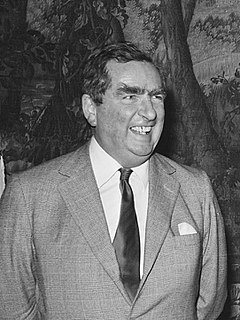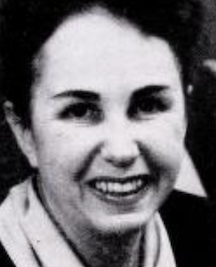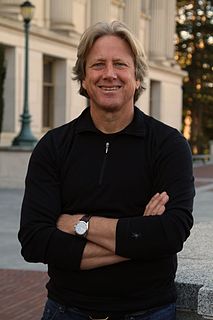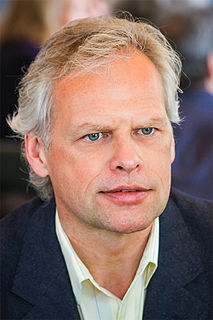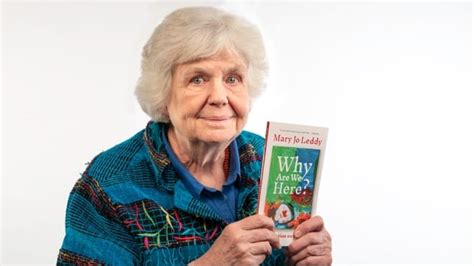A Quote by Raymond Cattell
Plato compared the intellect to a charioteer guiding the powerful horses of the passions, i.e., he gave it both the power of perception and the power of control.
Related Quotes
Socialism to me is establishing social control of power in society, and where that differs from liberalism for example which aims at a similar situation in some respects, is we think you can only establish control over power by changing the structure and distribution of power, notably economic power.
Let no one ever shy away from the claim that Jews have power, that Jews have influence. We have learned the terrible lesson of history; that unless we have influence and power, disproportionate to our small numbers - immoral results will occur. We need power. And we must continue to use our power. Power which we earned, power which no one gave us on a silver platter, power which we worked hard for - use that power in the interests of justice.
Technology today is the campfire around which we tell our stories. There's this attraction to light and to this kind of power, which is both warm and destructive. We're especially drawn to the power. Many of the images of technology are about making us more powerful, extending what we can do. Unfortunately, 95 percent of this is hype, because I think we're powerful without it.
People do lie to themselves, and they get away with it because every action affirms and reaffirms their perception. That's the power of the human mind. that's the power of thought, which is nothing more- and nothing less- than energy. And when you have a particularly powerful mind, extraordinary things can happen.
Greatness by nature includes a power, but not a will to power. ... The great man, whether we comprehend him in the most intense activity of his work or in the restful equipoise of his forces , is powerful, involuntarily and composedly powerful, but he is not avid for power. What he is avid for is the realization of what he has in mind , the incarnation of the spirit .
The power paradox is that we gain power by advancing the welfare of other people and yet when we feel powerful, it turns us into impulsive sociopaths and we lose those very skills. If you're in the military, you gain power by forging strong ties in your comrades. And then the irony is that once we feel powerful and we are taken with our own success, we ignore the skills that got us power in the first place.
Thus, experience has ever shown, that education, as well as religion, aristocracy, as well as democracy and monarchy, are, singly, totally inadequate to the business of restraining the passions of men, of preserving a steady government, and protecting the lives, liberties, and properties of the people . . . . Religion, superstition, oaths, education, laws, all give way before passions, interest, and power, which can be resisted only by passions, interest, and power.


